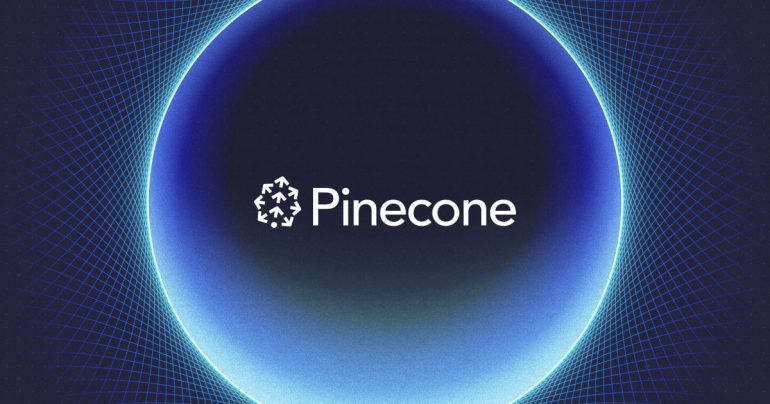- Pinecone, founded by ex-Amazon AI Labs head Edo Liberty, launches Pinecone Serverless, simplifying deployment and scaling for businesses.
- Early customers transitioning from AI experimentation to product launch drove Pinecone’s rearchitecture efforts.
- Pinecone emphasizes optimized tooling for vector search, RAG operations, knowledge extraction, and context generation.
- Pinecone Serverless promises significant cost reductions, up to 50x, by decoupling storage and compute and billing based on CPU consumption.
- Addition of Private Endpoints in public preview enhances security and compliance for enterprises.
- Notable users include Gong, Help Scout, New Relic, Notion, TaskUS, and You.com, with Notion reporting a 60% cost reduction.
Main AI News:
In a significant milestone, Pinecone, the pioneering vector database firm established by Edo Liberty, formerly at the helm of Amazon’s AI Labs, has officially unveiled Pinecone Serverless to the market. This new iteration marks a substantial evolution in the company’s offering, liberating customers from the complexities of deployment management and scalability concerns. Today, Pinecone Serverless emerges from its beta phase, ushering in a new era of accessibility and efficiency.
According to Liberty, Pinecone’s early adopters have shifted their focus from experimental forays into generative AI towards the development and launch of their own AI-driven products. Witnessing this transition, Pinecone recognized the challenges faced by enterprises in navigating the intricacies of application development and deployment at scale.
“The initial wave of production-grade applications is imminent, with our over 5,000 customers emphasizing the necessity for a dedicated, optimized tool proficient in vector search, RAG operations, knowledge extraction, and context generation for language models,” Liberty explains. “Their demands boil down to scalability, performance, and cost predictability, essential elements for informed product development.”
Emphasizing Pinecone’s commitment to delivering a production-ready solution, Liberty underscores the extensive efforts invested in enhancing affordability without compromising quality. Pinecone asserts that leveraging Pinecone Serverless can potentially yield cost reductions of up to 50x for customers. This dramatic reduction is attributed to the system’s redesigned architecture as a multi-tenant service, effectively decoupling storage and compute functionalities. Consequently, customers only incur charges based on actual CPU consumption, with Pinecone managing capacity allocation behind the scenes.
“Our service-based approach enables precise resource orchestration, allowing us to bill customers for their exact usage—nothing more, nothing less. Such precision is a rarity in the industry and a testament to our dedication,” Liberty affirms.
During the public preview phase, Pinecone actively solicited feedback from its user base, resulting in the integration of several sought-after features. Notably, the introduction of Private Endpoints, now available in public preview, addresses the security and compliance needs of enterprises. This feature enables organizations to establish direct connections to their virtual private clouds on Amazon via AWS PrivateLink, safeguarding sensitive data from exposure to the public internet.
Among the notable adopters of Pinecone Serverless are industry leaders such as Gong, Help Scout, New Relic, Notion, TaskUS, and You.com. Akshay Kothari, co-founder and COO of Notion, praises Pinecone’s pivotal role in revolutionizing AI productivity, citing a 60% reduction in costs following their transition to the latest architecture.
“Notion is at the forefront of the AI productivity revolution, empowered by Pinecone Serverless,” Kothari states. “Their technology fuels our Q&A AI, delivering instant answers sourced from vast document repositories. This shift has not only accelerated our mission to democratize software toolmaking but also significantly optimized our cost structure.“
Conclusion:
Pinecone’s introduction of Serverless Vector Database marks a significant advancement in AI infrastructure, addressing key challenges in deployment, scalability, and cost-effectiveness. The emphasis on specialized tools tailored to evolving market demands underscores the growing importance of AI integration in businesses across sectors. This move is poised to catalyze further innovation and adoption of AI-driven solutions in the market landscape.

